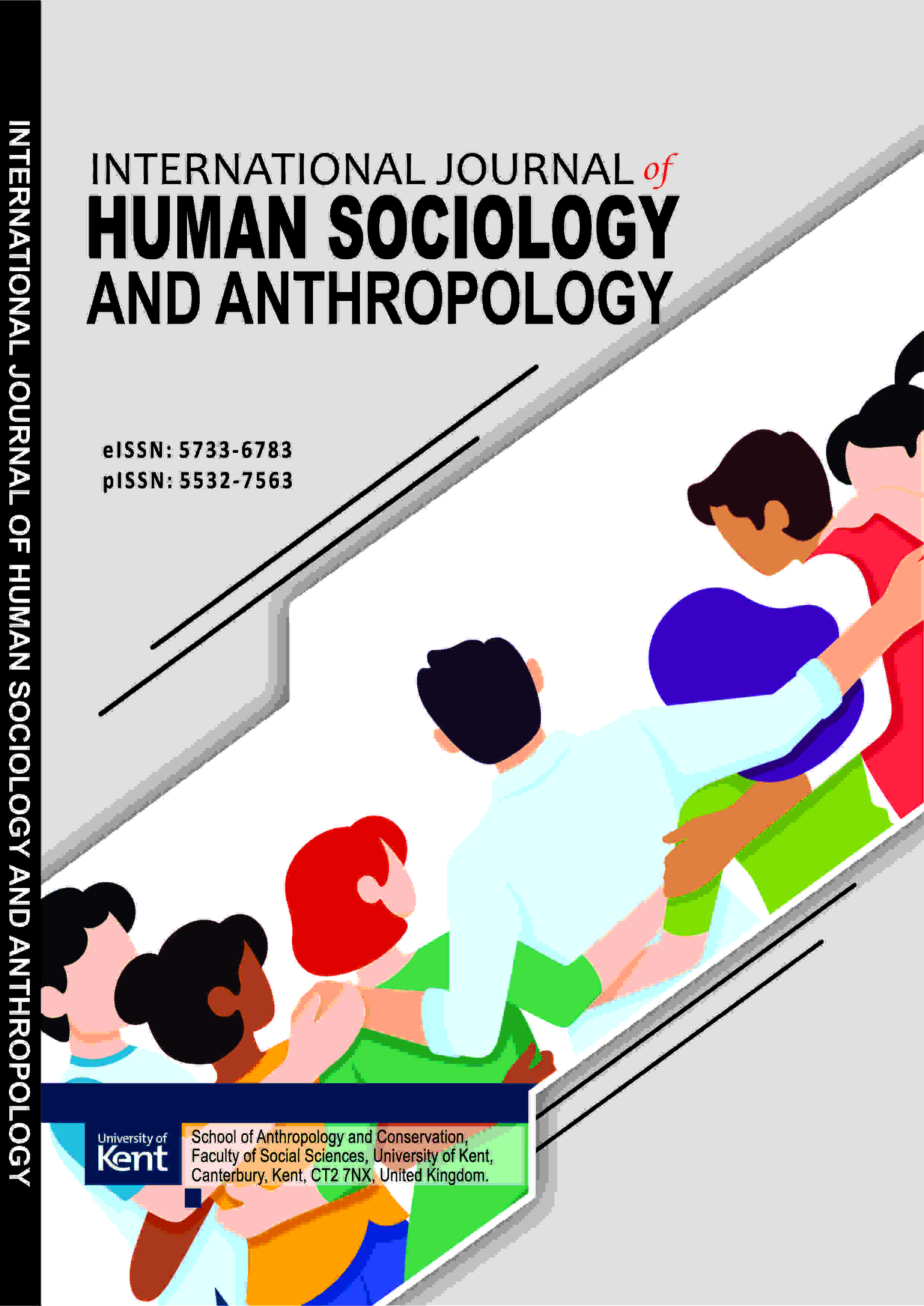INTERNATIONAL JOURNAL FOR HUMAN SOCIOLOGY AND ANTHROPOLOGY (IJHSA)
THE INFLUENCE OF ELECTRONIC WORD OF MOUTH ON DOMESTIC TOURISTS' CHOICE OF HOI AN TOURISM DESTINATION
E-ISSN: 5733-6783
P-ISSN: 5532-7563
DOI: https://iigdpublishers.com/article/645
This study aims to investigate the influence of Electronic Word of Mouth (EWOM) on domestic tourists' intention to choose Hoi An as a tourist destination. Drawing upon the theoretical frameworks of the Theory of Reasoned Action (TRA), Theory of Planned Behavior (TPB), persuasion theory, and technology acceptance theory, the study proposes a research model comprising six independent variables, one mediating variable, and one dependent variable. The independent variables include expertise, involvement, social connectedness, source credibility, information quality, and information quantity. The mediating variable is acceptance, "and the dependent variable is intention" to choose the destination." Data was collected from 267 domestic tourists who have or are planning to choose Hoi An as a tourist destination. The preliminary assessment of scale reliability and validity was conducted using Cronbach's Alpha reliability coefficient and composite reliability coefficient (CR) in SmartPLS software to screen and remove observation variables that did not meet the standard. The authors also used SMARTPLS 3 software along with data analysis techniques, reliability analysis, SEM, etc., to process and analyze the collected data. Among the independent variables, "source credibility" had the strongest impact on acceptance "with a coefficient of 0.41, while "information quantity" had the least impact with a coefficient of 0.019.
Bui Thi Quynh Trang & Bach Thuy Quynh
Almana, A.M. & Mirza, A.A, (2013). The Impact of Electronic word of mouth on Consumers’ purchasing decisions. International Journal of Computer Applications, Vol. 82, No.9, pp.23-31
Anderson, (1998). The informal communication (or rumors) between private parties concerning evaluation of goods and services. Journal of Marketing Research, Vol. 5(4).
Abubakar, A. M, (2016). Does EWOM influence destination trust and travel intention: A medical tourism perspective. Economic Research - Ekonomska Istrazivanja, 29(1).
Bhattacherjee, A. a. S, (2006). Influence process for information technology acceptance: an elaboration likelihood model. MIS Quarterly, Vol.30 No.4 pp.805-825.
Bronner, F. & Hoog, R., (2011). Vacationers and EWOM: Who Posts, and Why, Where, and What?. Journal of Travel Research, 50(1), pp. 15-26.
